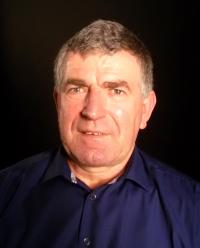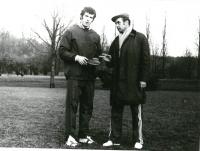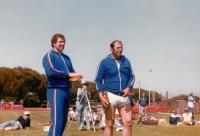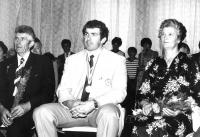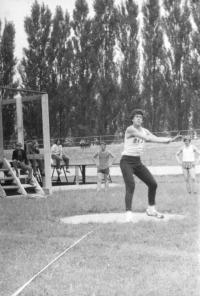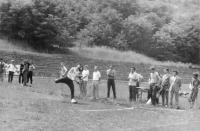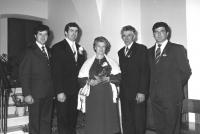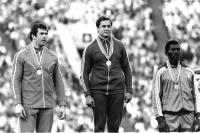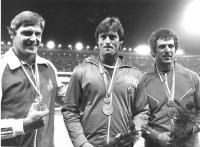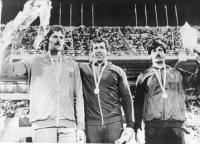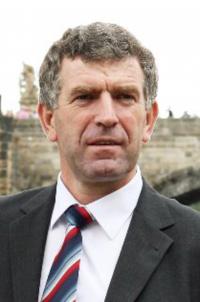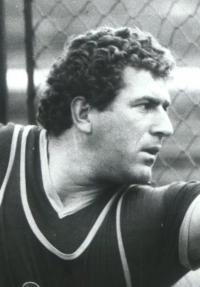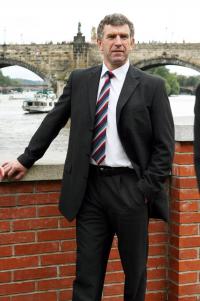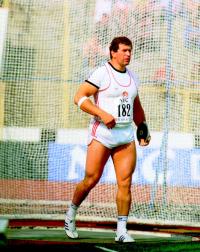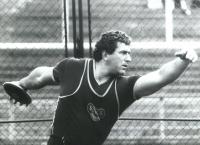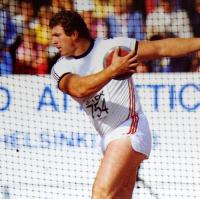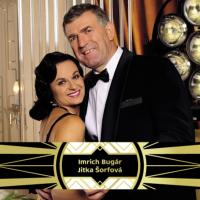Boycott of the Olympics in Los Angeles: I said openly I was not interested in the Soviets, I was Czechoslovak.
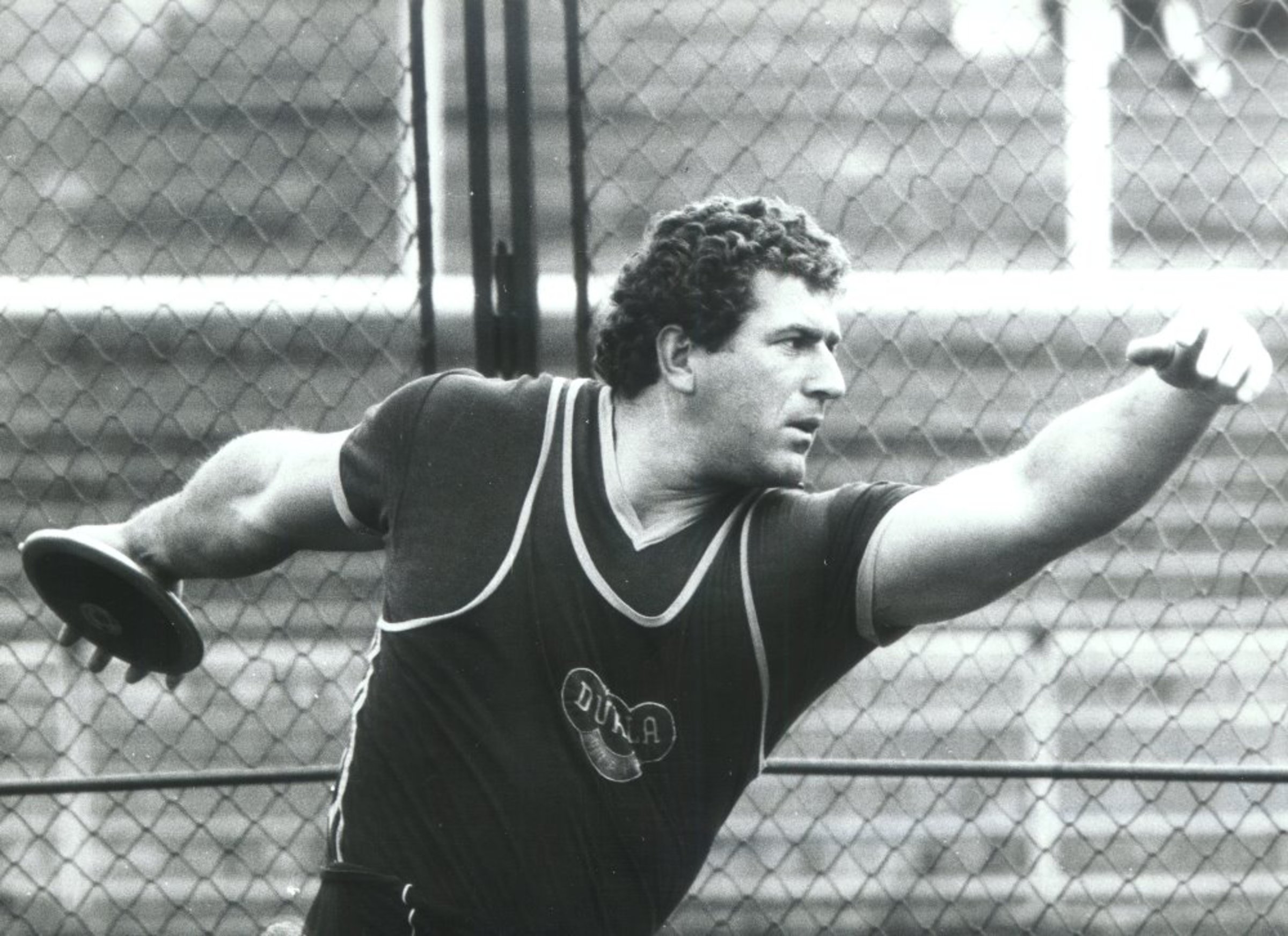
Download image
Imrich Bugár was born on April 14, 1955, into a Hungarian family living in a Hungarian village Ohrady near the city of Dunajská Streda in South Slovakia. He has two brothers, Petr, who is five year older, and Ervin, who is three years younger. When he was young he developed his physical condition working on a farm. He proved his exceptional sporting talent already at a primary school when he won the regional competition in discus throwing. He wanted to continue in the discipline, was a member of the junior representation, in 1974 he was transferred to Dukla Praha and after his military service he started competing on the professional level. In 1980 he won a silver medal at the Moscow Olympics, became the 1982 European Champion and the 1983 World Champion. In 1984, he trained in the United States to get ready for the Los Angeles Olympics but his participation was thwarted by the boycott of the event from the side of the socialist bloc, headed by the Soviet Union. As one of the few Czechoslovakian sportsmen he voiced openly his opinion on the boycott and the lying propaganda, which, however, he was not allowed to present in the public. The communist propaganda explained the boycott by the failure of the U. S. administration to ensure the safety of the sportsmen. Imrich Bugár made quite a different experience in America though. He also comments on the unfair approach of the referees in Moscow in 1980 and on the topic of doping.
